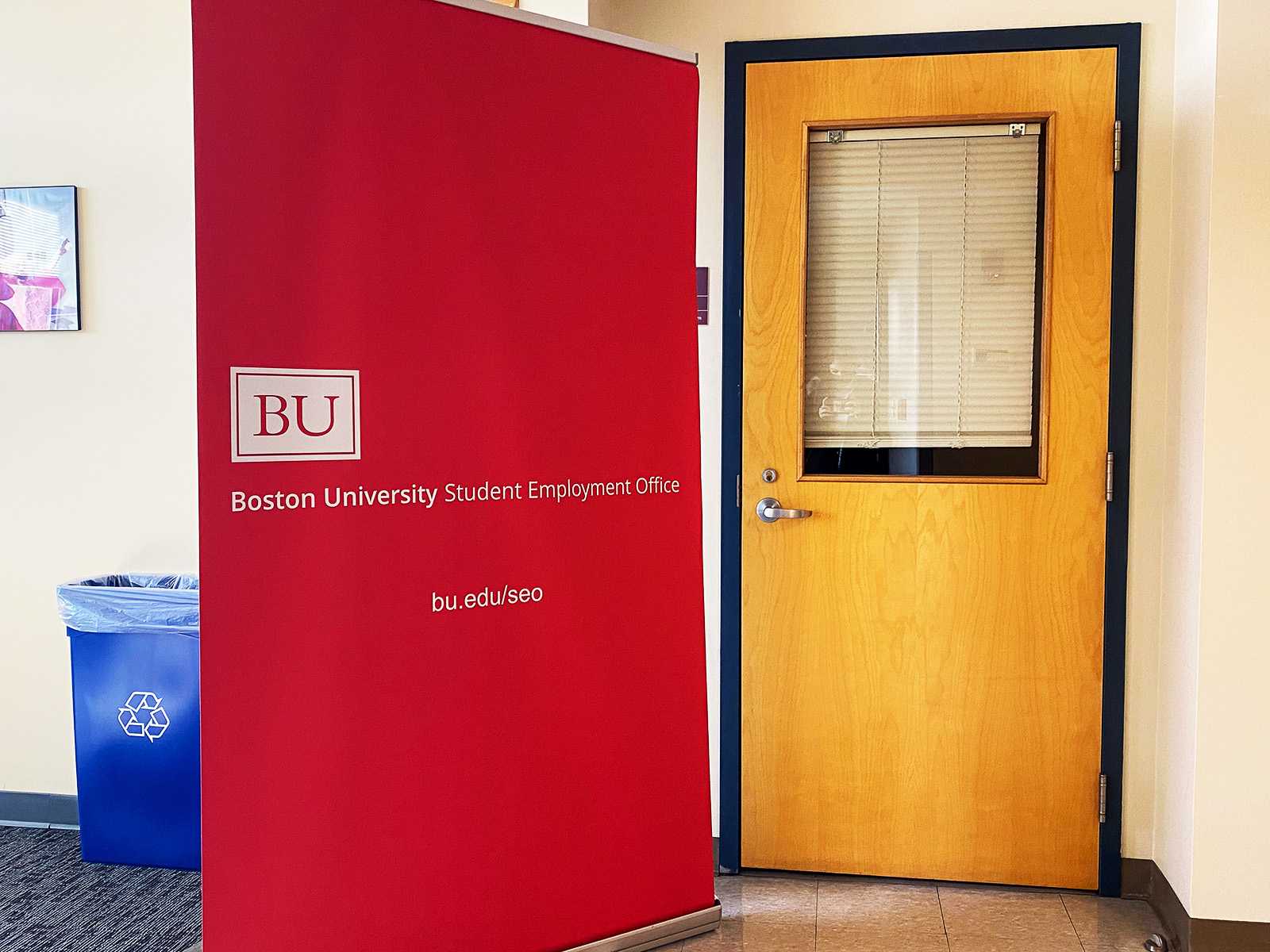Even though China is several thousand miles away from Boston, on Sunday, many Chinese-Americans now living here carried on the traditions of one of the most important Chinese Holidays, the Chinese lunar New Year.
According to Chinese Astrology this year is the year of the white tiger, symbol of money but also of jinx.
College of Arts and Sciences freshman Linda Zhang, who was born in China and moved to the United States when she was three and a half years old, explained that the traditions used to celebrate the holiday vary by region.
“Every region has different traditions,” she said. “My family is southwestern so we have a tradition that we eat dumplings because they look like lumps of gold.”
Food is an integral part of the New Year celebration, Zhang explained.
“The first and most important thing about the Chinese New Year is that there has to be a lot of food, especially meat, because the saying is that you need to have leftovers because if you don’t have leftovers, that symbolizes that you’re going to starve for the rest of the year,” Zhang said.
Bin Jiang, an international student who is a freshman in the College of Engineering, said he also celebrated the New Year with a full plate.
“I went to Chinatown and had food there,” Jiang said.
Another important aspect of the Chinese New Year is family.
“You try to get together with as [much] family as possible,” Zhang explained.
CAS freshman Nicholas Yung agreed.
“You spend it with family,” you said. “Traditionally, you go to your paternal grandparents’ house.”
Because his family lives in China and he couldn’t go back for the holiday, Jiang said this holiday, his first in Boston, was lonelier than usual.
“It’s important to see your parents for the New Year,” he said. “It’s kind of like our Christmas, so it’s sad when you’re not with your parents.”
Another tradition linked to the concept of family and respect is that of money. Money is typically given away in red envelopes to children and sometimes adults.
“It’s paying respect to other people,” Yung said.
With this comes another tradition. Because red is considered a color of good luck, people are also supposed to wear red on New Year’s.
Another superstition relating to the New Year has to do with cleaning.
“You can’t do any cleaning on the New Year because if you do any cleaning that is like sweeping all the good luck out of the house,” Zhang said.
Jiang said these celebrations and the New Year are supposed to “make your room fresh and clean for the New Year” around two days in advance.
Students at BU said they have to celebrate differently because they are not with their families for the holiday.
Although Zhang went home for the holiday because she lives close enough, she said many of her peers kept their celebration local.
“A lot of my friends just reserved a table at a restaurant in Chinatown,” she said.
“I called everyone,” Yung said. “I had to call my grandparents, my cousins, my family, and I had to wish them New Year’s in Chinese.”
Although there were celebrations in Boston’s Chinatown on Feb. 14, the Lion Dance Parade in Chinatown will take place on Feb. 21 from 10 a.m. to 5 p.m. Mayor Thomas Menino is expected to start off the parade.























































































































